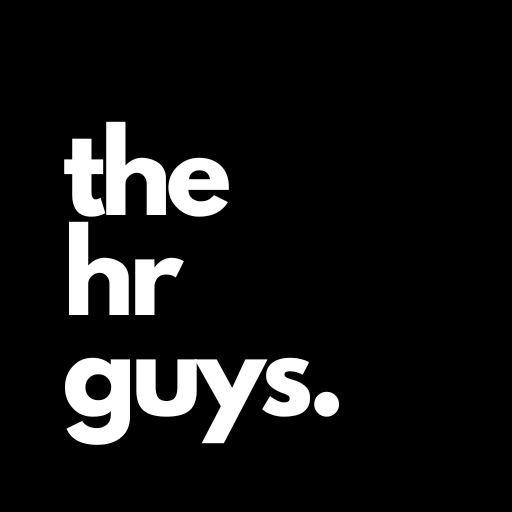Candidate Experience: What Job Seekers Really Want
In the current tough recruitment market, where competition is high and candidates face numerous challenges, the importance of candidate experience has never been more valid. It’s not just about attracting top talent; it’s also about demonstrating courtesy and respect for candidates throughout the recruitment process. It’s tough looking for a job at the moment and so don’t make it any harder than it needs to be.
Job seekers are looking for an experience that acknowledges their effort and time, ensuring that even if they aren’t selected, they leave with a positive impression of your organisation. A clear, well-communicated process, free from unnecessary steps, is essential in creating a respectful and engaging candidate journey.
Personalisation: Making Candidates Feel Valued
Job seekers appreciate a personalised approach to recruitment. When candidates receive tailored communications—whether it’s a customised email acknowledging their application or job recommendations based on their unique skills—they feel valued and recognised. This personal touch can set your organisation apart and significantly enhance the candidate experience.
To implement personalisation, consider using candidate data to inform your communications. A simple acknowledgment of their specific skills or experiences can go a long way in making candidates feel that their applications are genuinely considered.
Transparent Communication: Building Trust
Clear and honest communication is paramount in today’s recruitment landscape. Candidates are increasingly looking for transparency regarding the recruitment process, including timelines, feedback, and next steps. A lack of communication can lead to frustration and a negative impression of your organisation, regardless of the outcome.
To foster trust, ensure that candidates are kept informed at every stage of the hiring process. This could involve regular updates about their application status or feedback following interviews. A well-structured communication plan can make candidates feel more engaged and respected, ultimately enhancing their overall experience.
Streamlined Application Processes: Reducing Frustration
One of the most common complaints from candidates is the length and complexity of application processes. Today’s job seekers are looking for efficiency—an application process that is straightforward and free from unnecessary hurdles. Lengthy forms and convoluted steps can deter even the most active candidates.
To create a more user-friendly experience, simplify your application process. This might involve reducing the number of questions, allowing candidates to upload their CVs without extensive form-filling, or offering a mobile-friendly application option. By streamlining the application process, you not only save candidates time but also improve your chances of attracting the best talent.
Embracing Technology: Enhancing Engagement
Incorporating technology into the recruitment process can enhance candidate engagement while still maintaining a human touch. Tools such as chatbots can answer common queries, freeing up time for recruiters to focus on meaningful interactions. However, it’s vital to strike a balance; while technology can facilitate communication, candidates should still feel a genuine connection to your organisation.
Use technology to enhance the recruitment experience, such as scheduling interviews or sending automated updates, but ensure that human interactions remain central to the process. Candidates value the opportunity to connect with real people, and this connection can be instrumental in their decision-making process.
Focus on Employer Brand: Showcasing Your Culture
A strong employer brand is vital for attracting candidates and ensuring they have a positive experience. Job seekers are keen to learn about your company culture, values, and what makes your organisation unique. This insight can heavily influence their decision to apply or accept an offer.
To effectively showcase your employer brand, utilise your website and social media platforms to highlight employee testimonials, company events, and workplace culture. By transparently presenting what your organisation stands for, you can align expectations and foster a positive candidate experience.
The Importance of Feedback: Continuous Improvement
Finally, gathering feedback from candidates post-application or interview is crucial for refining your recruitment process. Candidates who feel their opinions are valued are more likely to share their experiences, enabling you to identify areas for improvement.
Implement feedback mechanisms, such as surveys or informal follow-ups, to gain insights into the candidate experience. Use this information to continuously enhance your recruitment strategies, ensuring you remain responsive to job seekers’ needs and expectations.
Conclusion
As the job market continues to evolve, it’s clear that candidates seek a recruitment process that is clear, well-communicated, and devoid of unnecessary steps. By embracing personalisation, transparency, and technology, while streamlining application processes and focusing on employer branding, organisations can significantly improve their candidate experience. Ultimately, investing in these areas not only attracts top talent but also builds a positive reputation that can benefit your organisation in the long run.

